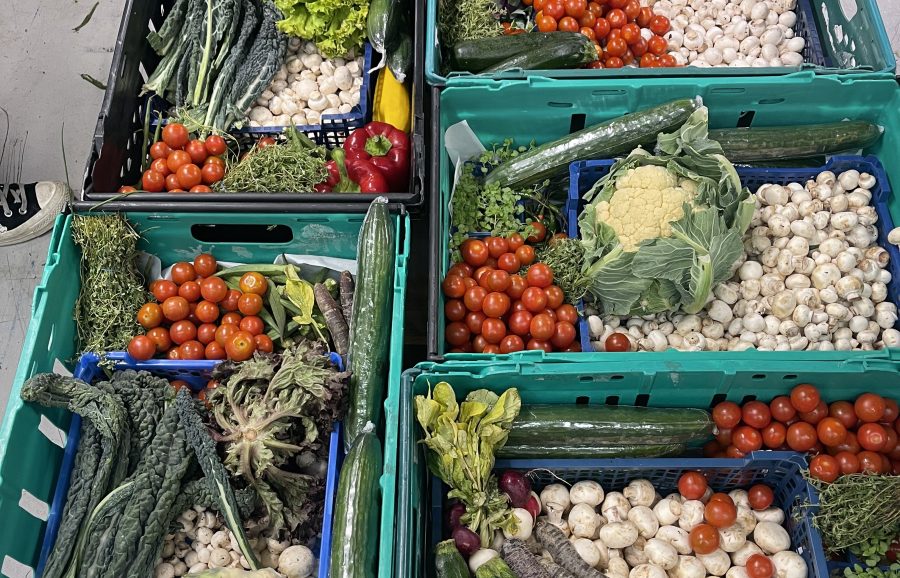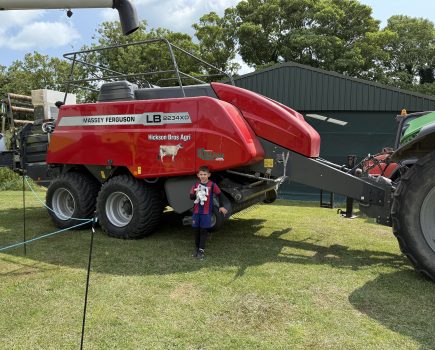One of the constant conversations at the National Fruit Show, and not just in recent times, is the need for a sustainable return for fruit produced in the UK.
I’ve lost count of the number of times I’ve written about the need for farms to be referred to in business terms, not philanthropic ones. I’ve pointed out how farmers would be lauded if they were a multinational business with strong, environmentally sustainable strategies, planting crops and caring for large green spaces, how a strong asset base underpins a good business and how, in manufacturing, a confirmed order book underpins financing of the future.
Yet in farming, businesses are cut adrift. Long relationships with a commercial partner may exist, but with nothing you could show an investor. The industry has to deal with political positioning that talks about public good, environmental strategies that never mention food or farming and a lack of a strategy to ensure food security, despite ongoing challenges with international food systems created by conflict and climate change.
As we enter this winter, we face our most food insecure period since the Beveridge Act began its scoping; the second wettest year, and correspondingly second poorest cereal crop, since records began. All home-grown commodity food crops have been severely impacted, while wet weather and heavy conditions continue to hamper the top fruit harvest as I type.
We know there is a vital need to promote and protect British farming through the diversification of crops and investment in new technologies to strengthen our farming sector. Farmers are faced with an uncertain future with regards to crop production and the regulatory landscape, especially as yields decline and post-Brexit policies evolve (or don’t, indecision is almost worse, isn’t it?). As a result, costs are loaded on food, further removing sections of the population from the consumer base (20% of the UK population are not mainstream retail customers, being unable to afford to walk in the door of Aldi, Asda et al, let alone Tesco).
In a recent City Harvest survey of food donors, 75% reported a moderate to severe impact of Brexit checks and charges on their business, with 71% reporting that the added burden of administrative paperwork was the most significant impact, followed by import costs (65%) and delays in receiving goods (39%).
The UK imports nearly half of its vegetables and more than 80% of its fruit. If British food businesses have trouble with post-Brexit paperwork, fees and delays, it’s going to be affecting those that import 38% of the total volume of food consumed here.
Have you written to your MP? Have you given evidence to the NFU, which is campaigning on your behalf? Have you contributed to the change that farming in the UK needs, calling for a policy to support its future and a strategy to feed our population? We all have a choice; your career choice may be a vocation and your heritage, but you have a choice and a voice to help ensure it’s there for the next generation as a thriving business.







